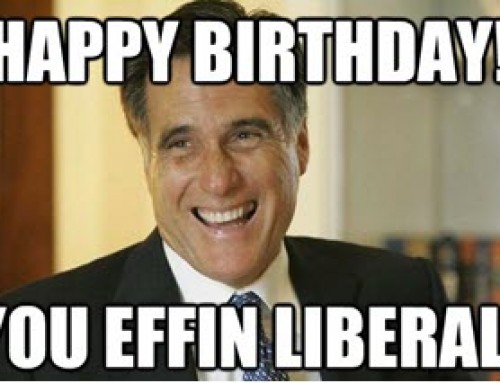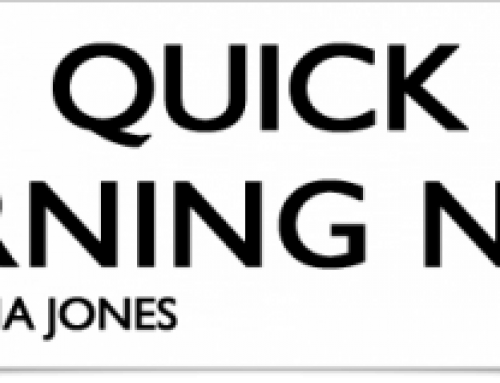
I awoke this morning to President Obama speaking at the huge memorial for Nelson Mandela in Johannesburg, South Africa. As he tends to do, Obama delivered a masterful oratory, filled with just the right words and emotions.
But the one moment that’s getting the most attention is the brief handshake he shared with Cuba’s Raul Castro. The usual haters (read: Republicans) on Twitter are spewing the usual venom, like this:
Whoa! An enthusiastic handshake AND another bow to Raul Castro. http://t.co/2oYw6XmONE @abcnews @CBSNews @NBCNews @nytimes @FoxNews #tcot
— Right Wing Jewess (@RightWingJewess) December 10, 2013
Of course, Marco Rubio – who lied in his official bio, claiming that his family fled the Castro regime in Cuba, when in fact they left more than two and a half years before Castro’s forces overthrew the government and took control, is out there loudly criticizing the President for not taking Castro to task: “If he was going to shake his hand, he should have asked him about those basic freedoms Mandela was associated with that are denied in Cuba,” Rubio told ABC News.
Of course, in his speech, President Obama did call out repressive regimes:
Around the world today, men and women are still imprisoned for their political beliefs; and are still persecuted for what they look like, or how they worship, or who they love.
We, too, must act on behalf of justice. We, too, must act on behalf of peace. There are too many of us who happily embrace Madiba’s legacy of racial reconciliation, but passionately resist even modest reforms that would challenge chronic poverty and growing inequality. There are too many leaders who claim solidarity with Madiba’s struggle for freedom, but do not tolerate dissent from their own people. And there are too many of us who stand on the sidelines, comfortable in complacency or cynicism when our voices must be heard.
What’s the president of the United States supposed to do — snub another world leader at the funeral of a great world figure who was friends with that other world leader?That wouldn’t be very Mandela of Obama.
Ubuntu (/uːˈbʊntuː/oo-buun-too; Zulu/Xhosa pronunciation:
[ùɓúntʼú]) is a Nguni Bantu term (literally, “human-ness”) roughly translating to “human kindness”; in Southern Africa(South Africa and Zimbabwe), it has come to be used as a term for a kind of humanist philosophy, ethic or ideology, also known as Ubuntuism or Hunhuism (the latter after the corresponding Shona term) propagated in the Africanization (transition to majority rule) process of these countries during the 1980s and 1990s.Since the transition to democracy in South Africa with the Nelson Mandela presidency in 1994, the term has become more widely known outside of Southern Africa, notably popularized to English language readers by Desmond Tutu (1999).
Saturday marks the first anniversary of a day we’d all like to forget, but we can’t. We must remember that 20 6 and 7-year olds and massacred in their first grade classroom, along with a handful of the courageous teachers and school administrators who gave their lives trying to protect their charges.
Unfortunately, in the year that has passed since that tragic day, little has been done to insure that our children will be safe when they leave our protective arms. I spent hours over the past year commiserating with Cliff Schecter about the need for sensible gun safety regulations. He joined me on the show this morning to talk about the progress yet to be made.
And I’ll keep talking about the Trans Pacific Partnership until I’m blue in the fact to fight back against the secretive negotiations to trade away workers’ rights. Today, I was joined by Huffington Post’s Zach Carter, who wrote “Obama Faces Backlash Over New Corporate Powers in Secret Trade Deal.”



